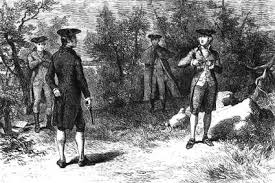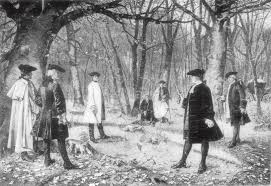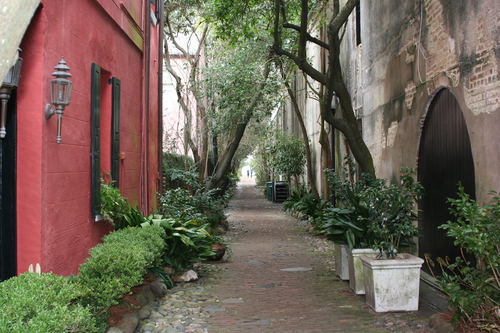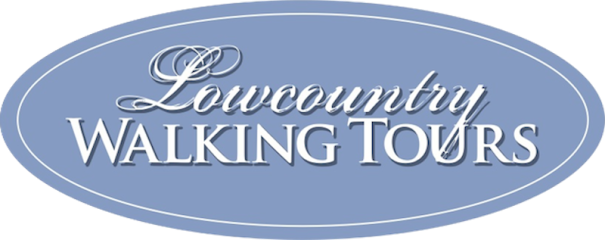CHARLESTON DUELS
Charleston, probably more than any other American city, was the setting for numerous “affairs of honor,” a euphemism for the abhorrent practice of dueling. According to Dr. David Ramsey, a respected physician and noted historian in the late-18th and early-19th centuries, the propensity for dueling in Charleston was mostly to due to the climate because “warm weather and its attendant increase of bile in the stomach” generated “an irritable temper which made men say and do things thoughtlessly.” Most Charleston duels took place from June through September. A former governor and Charlestonian, John Lyde Wilson, wrote The Code of Honor in 1838, the “rule book” for proper dueling etiquette. Although not officially accepted or endorsed by most Charlestonians, the practice continued throughout South Carolina throughout the War Between the States and was finally legally abolished in the state in 1880.

Dueling in the Antebellum South was a serious matter, to be carried out only by gentlemen equals. The newspapers rather leisurely reported these bloody events and at least one man, “Timothy Crackskull,” advertised in the City Gazette and Daily Adveriser that he had a pair of “choice and approved [dueling] pistols of the newest and most destructive construction” for rent!
There were, however, some humorous anecdotes which resulted from such affairs. On May 25, 1839 a “duel was fought at the lower end of Broad Street between a Mr. Fell and a Mr. Herriot, the former shot in the foot to keep him from running and the latter in the mouth to keep him from jawing.” The following is a brief introduction to some of our known duels.
Christopher Gadsden and Major General Robert Howe, 1778 – Christopher Gadsden, the Charleston super-patriot and designer of the Gadsden , “Don’t Tread On Me” flag, accused General Howe, an officer in the Continental Army, of cowardice and challenged “his credibility as a man.” During the ensuing duel Howe’s bullet missed Gadsden’s face by inches whereupon Gadsden deliberately fired straight down into the ground and then challenged Howe to try again! Finally, some reason prevailed, and the 2 principals shook hands and went their separate ways.

Dr. Joseph Brown Ladd and Ralph Issacs, 1786 – Dr. Joseph Brown Ladd established a medical practice in Charleston during the Revolutionary War. Due to his pleasant nature and talents he quickly ingratiated himself into Charleston’s elite strata. Dr. Ladd was known to whistle frequently and became known as the “Whistling Doctor.” Apparently his sudden rise in Charleston’s society made a “n’er-do-well’ known as Ralph Issacs, who had befriended Ladd soon after the latter’s arrival in Charleston, envious. Then there was apparently an argument between Ladd and Issacs over an actress both had seen perform at one of the local theaters. Ultimately a letter written by Issacs was circulated with Issacs referring to Dr. Ladd as “blasted a man who ever disgraced humanity”. Pressured by his Charleston friends, Ladd had no choice but to challenge Issacs to a duel. The duel was fought in Dueler’s, or Philadelphia Alley according to most accounts. Ladd intentionally “threw” his shot away, yet had to wait for Issacs to take his turn. Issacs, still angry with Ladd but not wishing to kill the Doctor, aimed low and hit Ladd in the lower extremities causing infection and later gangrene to set in. Doctor Joseph Ladd succumbed to his wounds two weeks later. Today, the “Whistling Doctor” is also known as the “Whistling Ghost” of Philadelphia Alley and #59 Church Street, where he boarded.

(Philadelphia Alley is featured on both the Learning Historic Downtown Tour and the Alleys and Hidden Passages Tour)
The Cash-Shannon duel, 1880 – This is considered to be the last fatal, and the most documented, duel in South Carolina. The event occurred at Lynches River, near Bishopville, SC. The arguments between Cash and Shannon festered for 27 months, spiraling violently out of control. Growing out of assorted lawsuits, ensuing settlements, and violent-natured people, things came to a head when Shannon alleged that there were monetary shenanigans and fraud involving Cash’s wife, who was “stricken speechless and died.” Cash was out for blood. His challenge was accepted by Shannon. Well-dressed and using all the proper manners, the 2 principals “exchanged pleasantries, took their arranged places on the field, leveled their pistols at each other and fired”. Within minutes, Shannon, a father of 14 children was dead.
This was the final straw for most South Carolinians. This archaic, seemingly barbaric, practice was soon outlawed. It had revealed its total senselessness in a new post-War South. People saw they could be “no longer tolerant of private, prideful violence”.
My principal source for this piece is Dueling in Charleston, by J. Grahame Long
